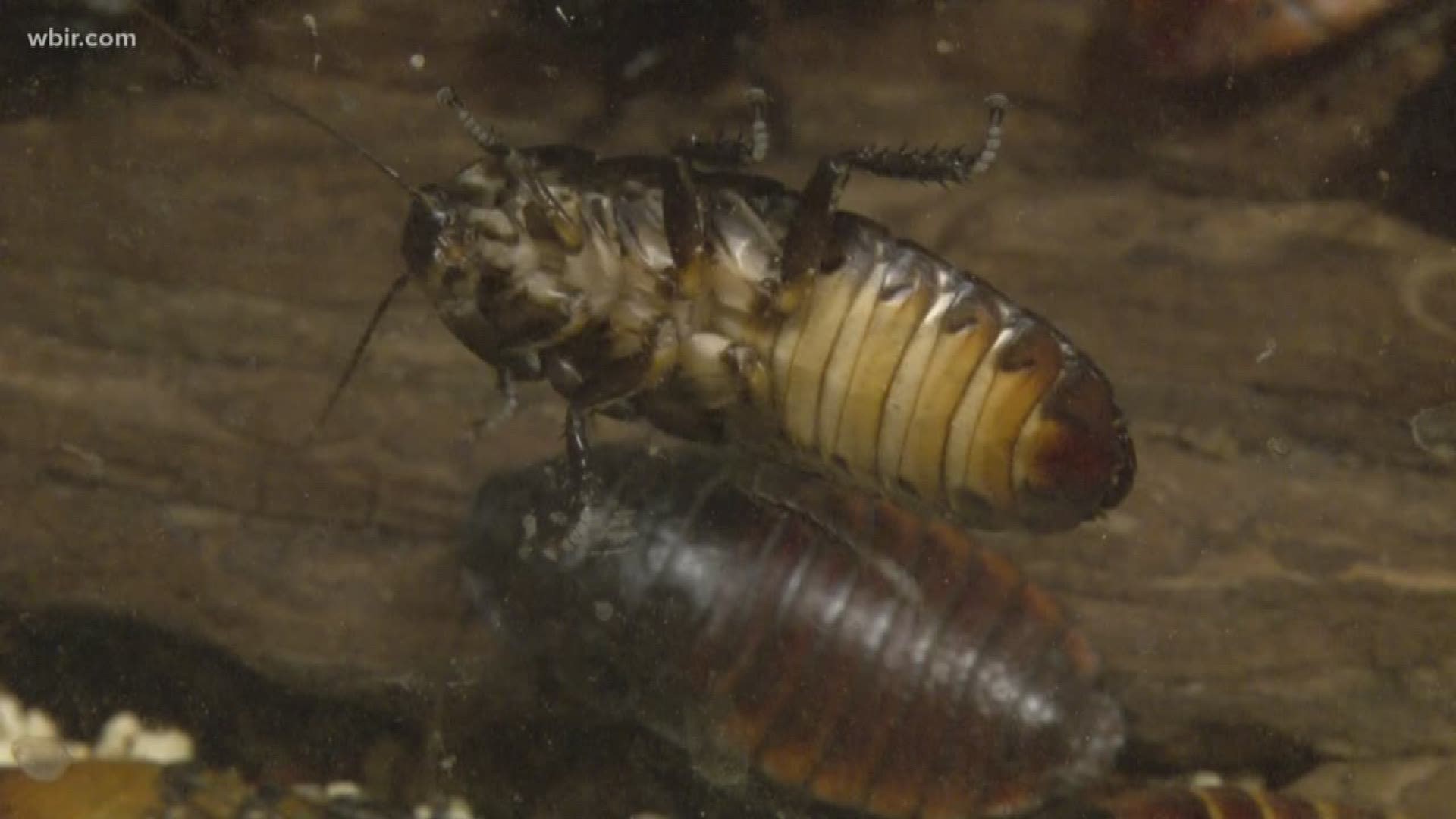KNOXVILLE, Tenn. — If you've noticed fewer bugs around it's not just because of the cold weather.
A new study estimates 40 percent of insect species could go extinct within decades.
Most of us would love to see a world with fewer creepy crawlers, so that sounds like a good thing, right?
Wrong.
"It's gonna have a dramatic impact on what we do, how we live, how we enjoy life because insects impact us in so many ways," said Dr. Jerome Grant, Professor of Entomology at UT.
We could see fewer food options. Natural waste like dead trees and animals would litter areas where bugs usually help decompose them. And other animals would struggle to find a different insect to eat.
"It's gonna create chaos, because nature is really depending on insects at the very base," said Dr. Juan Luis Jurat-Fuentes, Professor of Entomology at UT.
These two professors said this study should alarm people about the reality of a world without insects.
"I would argue that they're more beneficial than detrimental to humanity," said Jurat-Fuentes.
The study said urbanization and a growth in agriculture are the major factors killing off bugs.
"Insects make up about 80 percent of all species on Earth," said Grant. "If you lose so many, how can you not notice something that's different in the environment?"
The insects in danger of extinction aren't the ones most people don't mind, like bees, butterflies, grasshoppers and beetles.
"We may end up with an environment that a lot of the insects that we love disappear and some of the ones that we don't care about actually have increased numbers," said said Jurat-Fuentes.
Because of that decline, they said we may see more flies, mosquitoes and cockroaches.
Jurat-Fuentes said it's because those insects adapt to changes well, and if their predators die off, they'll thrive.
Experts said solutions may lie in land preservation and use of pesticides targeted at specific pest species.
None of these species are going extinct in the near future, but Grant and Jurat-Fuentes said research and changes need to be done now before they start to die out.

